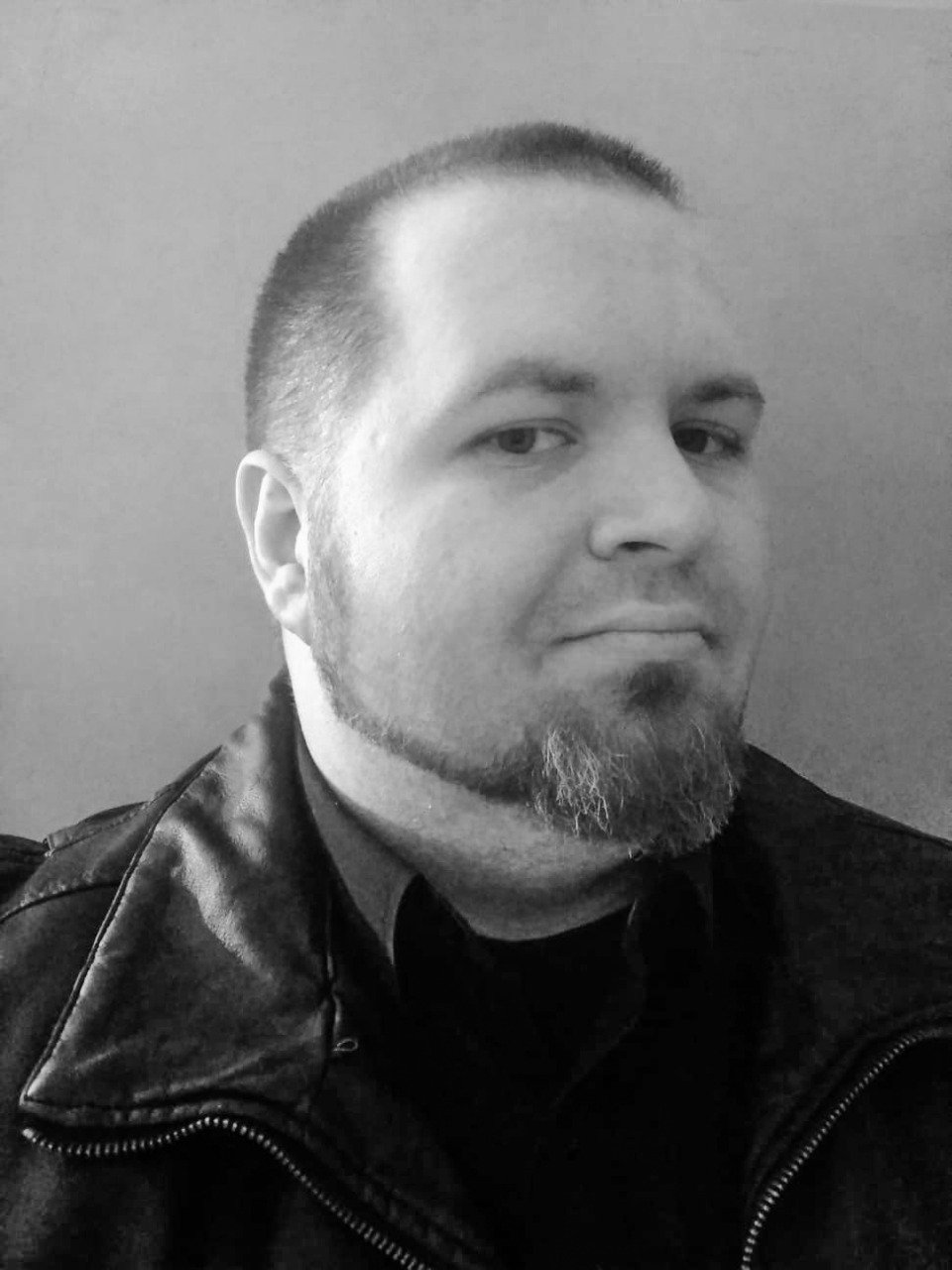I’m a devout son of a Christian pastor, and I think the church is creating atheists

Saccharine services and an unwillingness to address tough issues are driving people away from the church in the US. Christians should get real about what’s happening.
Jonathan Steingard, the singer in the popular Christian band Hawk Nelson, recently declared that he no longer believes in God.
“After growing up in a Christian home, being a pastor's kid, playing and singing in a Christian band, and having the word 'Christian' in front of most of the things in my life – I am now finding that I no longer believe in God,” he said.
For someone like me, who is a believer, it hurts to read that. Every person who believes in God understands what it’s like to have a crisis of faith. It is an incredibly painful experience to go through.
But it’s also something I can identify with. My father is a pastor as well, and I grew up in the church. There used to be a joke that I was born in a pew. I’ve always been an Evangelical, except for a period in my teenage years.
So I understand when Steingard mentions things that make him uncomfortable such as prayer feeling “like a performance art” and phrases such as “Holy Spirit come fill this place.” A lot of issues with the Evangelical Church surround the fact that it’s often less of a worship service and more of a stage show.
Predictable services
Many worship services I’ve attended are predictable. The music is made up largely of covers of whatever you’re hearing on Christian radio. Then you have time for communion, and then the offering and then the sermon. There’s an altar call – where those who haven’t been baptized are invited to become Christians – and then everyone goes home.
The songs are very emotional and meant to get you in a certain, gentle mindset of happiness. Sermons I’ve seen at several churches can best be described as fluff jobs. There’s an almost predictable beat to them, and they often feel like basic kindergarten Sunday School lessons, but for adults.
Here’s the truth about Christianity. It is not simple. At all. There are things that happen within the Bible that bring up tough questions in the mind, and the answers aren’t always easy to process. Life does that as well. Problems of the nature of pain, of loss, and of the nature of God are so tough to address that the best pastors you’ll meet have to attend four years of college to really understand.
Also on rt.com CNN v pastor: Network gets a lesson in mask-wearing after slamming cleric for sermon without PPEThe recently passed Ravi Zacharias authored several books tackling the problem of pain (also known as theodicy). C. S. Lewis wrote the definitive book on the subject, The Problem of Pain, and it’s one of the hardest books you’ll ever read due to the complexity of the subject.
Zacharias once criticized atheism by saying that it “cannot answer the questions of the four year old.” I agree with that sentiment wholeheartedly, but the church is also failing people when it comes to answering similar basic questions.
“Why do we suffer?”
“Why is God so wrathful in the Old Testament, and loving in the New?”
“Why did the book of Job pan out the way it did?”
To someone such as myself who has studied the topic, these are difficult questions. They took lots of time for me to understand. Even now, I still have discussions with friends of mine with similar backgrounds about the answers. These should be addressed in Sunday services, but the Evangelical Church doesn’t seem to be interested in doing so.
Gay marriage protests
Instead, it often appears more interested in being a voting bloc than an actual church. The protests against gay marriage come to mind. Many Christians are still more concerned with what people do in their bedroom than loving their neighbor.
They don’t learn basic lessons such as “judge not lest ye be judged yourself” and “first take the plank out of your own eye.” Or even “let he who has not sinned cast the first stone.” Even going back to the Satanic Panic, it’s obvious that Evangelicals care more about control than they do changing lives for the better.
These unloving behaviors get noticed by people all the time. I’ve seen them in almost every single church I’ve ever attended, and what kills me most is that they aren’t Christ-like.
If your prayer looks like a performance art, you didn’t pay attention to Jesus. If you spend all of your time judging others rather than working on yourself, you didn’t pay attention to Jesus. If you care more about government influence than loving others, you didn’t pay attention to Jesus.
Also on rt.com Yes Black Lives Matter, but we mustn’t allow being white to become the new original sinDietrich Bonhoeffer goes over the concept of “costly grace” in his book The Cost of Discipleship. It’s one that any believer should read, because it needs to be understood. Christians believe that our salvation came from God coming to earth and dying as the final sacrifice. It cost blood.
As such, there is an expectation for Christians to have a similar devotion to the rest of humanity. The willingness to take on tough challenges, to make sacrifices and to constantly endeavor to become better. That same Bonhoeffer saw the rise of Adolf Hitler, and knew that if Christianity fell, it was the end of civilization. Should it be any surprise that my nation, the US, sees fewer Christians every year and many of our cities are on fire right now?
I am a Christian. I believe in Jesus. As such, I believe that He is capable of healing a broken world. But that belief has to come with action. The willingness to be a better man and be better to those who Christ called our neighbors. But people need guidance from the Evangelical Church. If it can’t take the time to focus on the hard stuff, it is doomed. What it’s offering right now is cotton candy Christianity. It’s sugary, fluffy, and ultimately leaves you spiritually empty.
You can’t live off that.
If you like this story, share it with a friend!
The statements, views and opinions expressed in this column are solely those of the author and do not necessarily represent those of RT.















